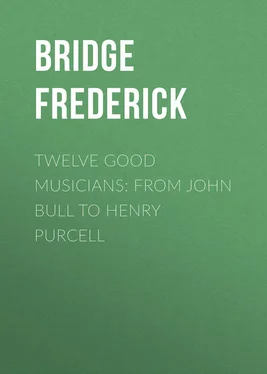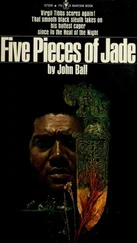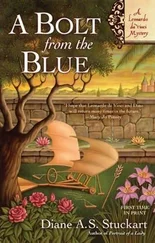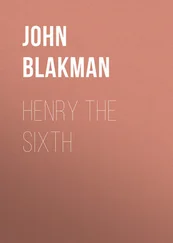Weelkes' example is very charming, and although his string parts are somewhat stilted, yet there is always life in them. He makes one point which shows he was not altogether able to forget his Madrigals and Ballets. Like the latter, the Fancy at one point leaves its regular course, and for a few bars a delightful Dance tune is introduced, to the words – whatever they mean – "Twincledowne Tavye." It is as if the vendors of fish, fruit and vegetables met in the street and had a bit of a frolic together. The Fancy is resumed with the Cryes of the Chimney Sweep, Bellows-Mender etc., and later on a beautiful song for the seller of "Broome" is introduced. The words of this song date back before Weelkes, being found with slight variation in an old play called Three Ladies of London , 1584. They are sung by a character named "Conscience" who enters with brooms, and sings the song.
No doubt the tune given by Weelkes is the original one.
The conclusion of this Fancy is very charming and rather like an Anthem:
Then let us sing
And so we will make an end
With Alleluia.
There are two MSS. of this work in the British Museum. I have followed the shorter version, as the longer is not only rather dull and prolonged but includes a little deviation into vulgarity, and so is hardly suitable for modern ears. The "Alleluia" occurs in the longer MS. and I have included it in my version.
It is fortunate that there are two sets of parts, as neither of them is complete. But having been so fortunate as to find these two sets I have been able to restore the missing part.
The discovery of this Fancy is the reason why I select Weelkes instead of Wilbye, one of his great contemporaries, and I think all lovers of Shakespeare will be glad to make acquaintance with the music of the Cryes of London which saluted the Poet's ears in his daily walks.
Weelkes paid a loving tribute to "his dearest friend" Morley, on the latter's death. The date of Weelkes' death (1623) and other particulars have been brought to light by the investigations of the Rev. Dr. Fellowes, whose devotion to the madrigal school is so well known and appreciated. His paper on Weelkes (Musical Association, May, 1916) is an eloquent testimony to the worth of this composer, to whose madrigal writing I have not space quite to do justice. The Humorous Fancy , however, shows him in a new and interesting light.
1583 – 1625
Orlando Gibbons is certainly the most outstanding name of the English musicians in the early part of the 17th century. A good deal of this is, no doubt, due to the fact that his contributions to Sacred Music have been one of the great possessions of our Cathedral School, and their presence in service lists has been – and I venture to hope will always be – a constant tribute to their excellence.
Конец ознакомительного фрагмента.
Текст предоставлен ООО «ЛитРес».
Прочитайте эту книгу целиком, купив полную легальную версию на ЛитРес.
Безопасно оплатить книгу можно банковской картой Visa, MasterCard, Maestro, со счета мобильного телефона, с платежного терминала, в салоне МТС или Связной, через PayPal, WebMoney, Яндекс.Деньги, QIWI Кошелек, бонусными картами или другим удобным Вам способом.
i. e. , stuttering; originally stot , from the German stottern . To "stut" is still used in Cheshire dialect, ( v. Wilbraham's Glossary of Cheshire Words .)
It may have been because he was a Roman Catholic and his name would not have been welcome to Elizabeth.
Now published. Edited by Mr. Fuller Maitland and Mr. Barclay Squire.
Mr Arkwright gives us an interesting bit of information in connection with Morley and Shakespeare. "Morley lived in St Peter's, Bishopsgate, between 1596 and 1601, and his name appears in two Rolls of Assessments for Subsidies . In the earlier of these documents is the name of William Shakespeare, his goods being valued at the same amount as Morley's. He and Shakespeare both appealed against the assessment, and it may be supposed some amount of personal intercourse existed between them."












